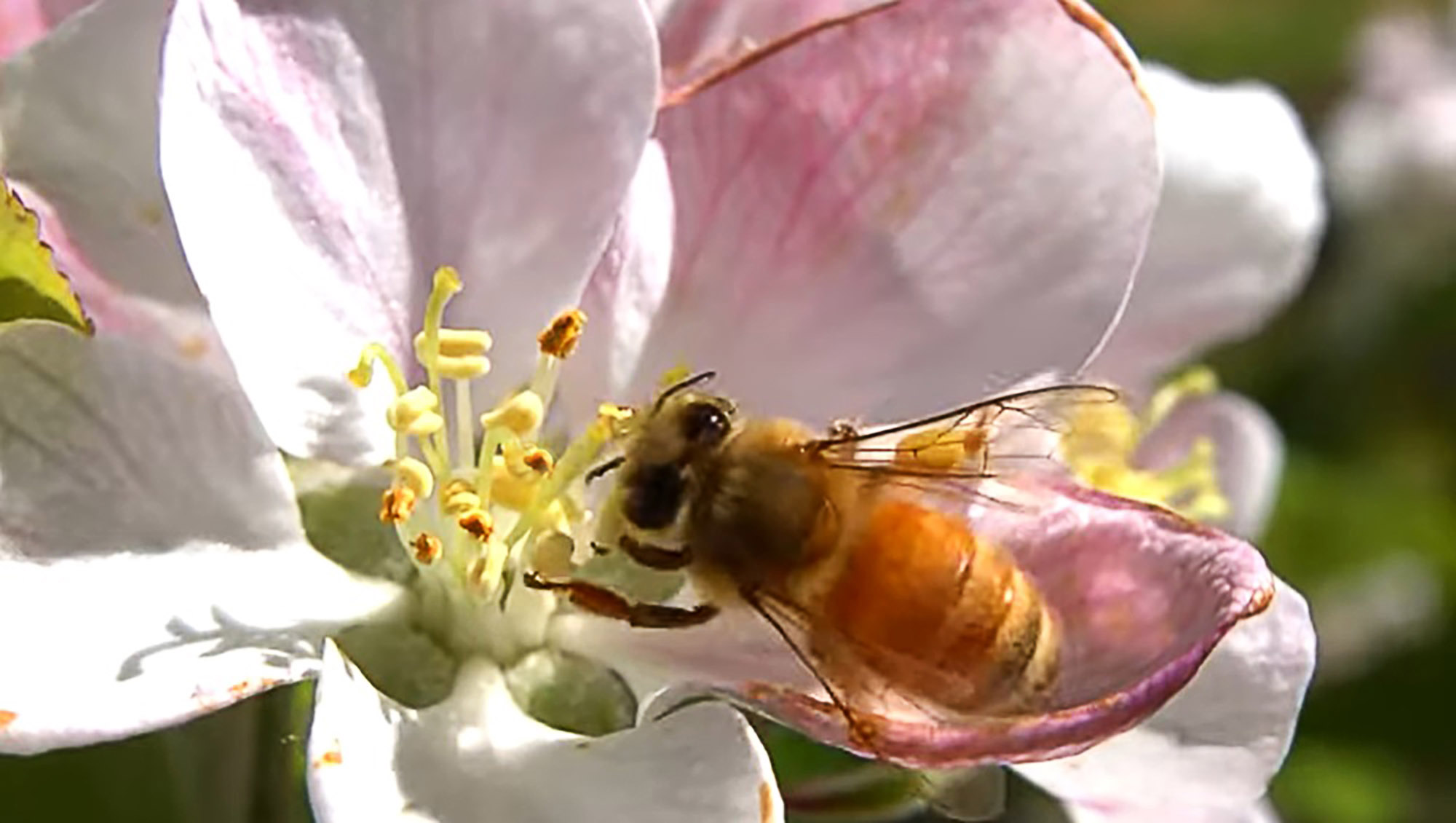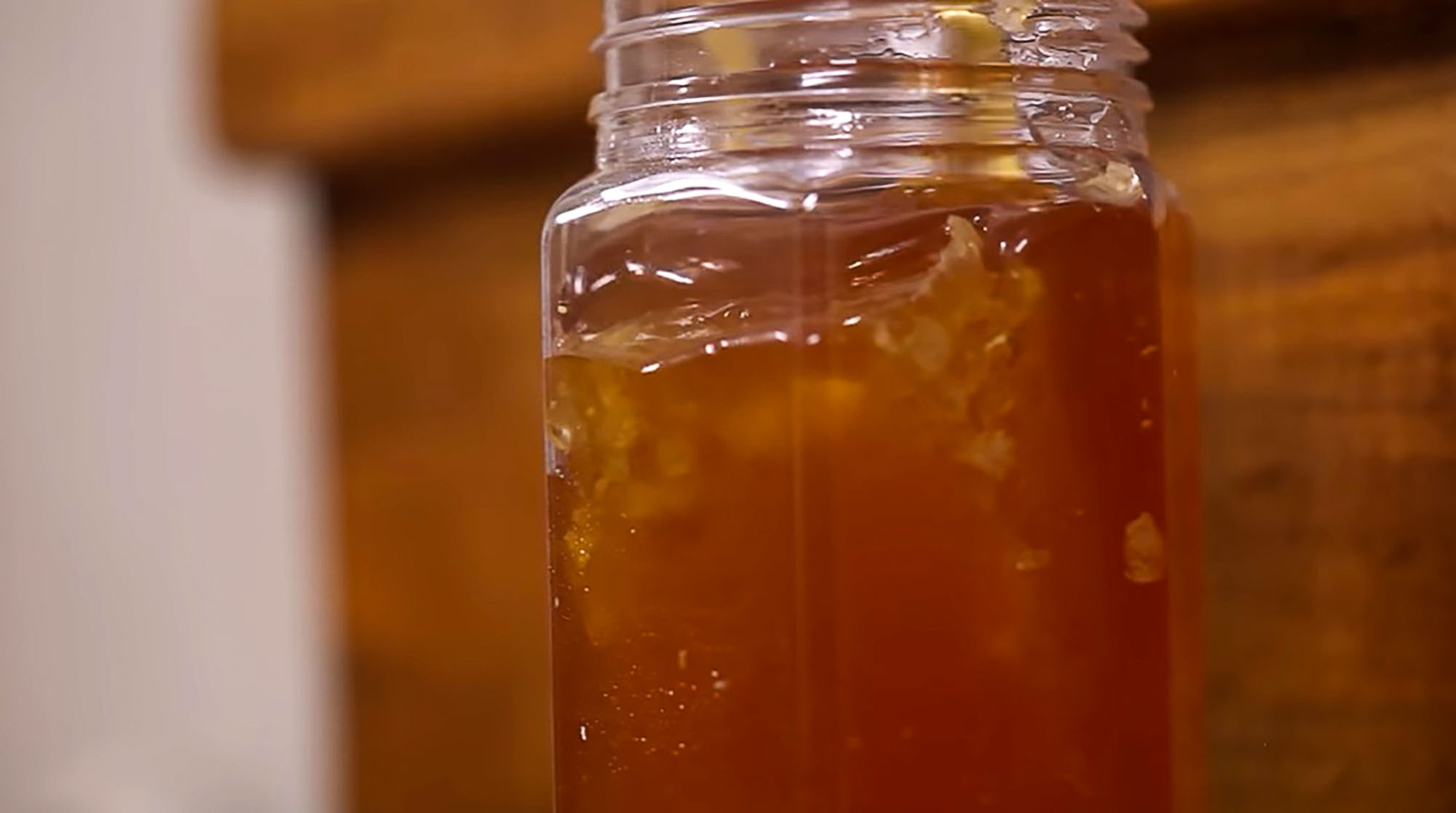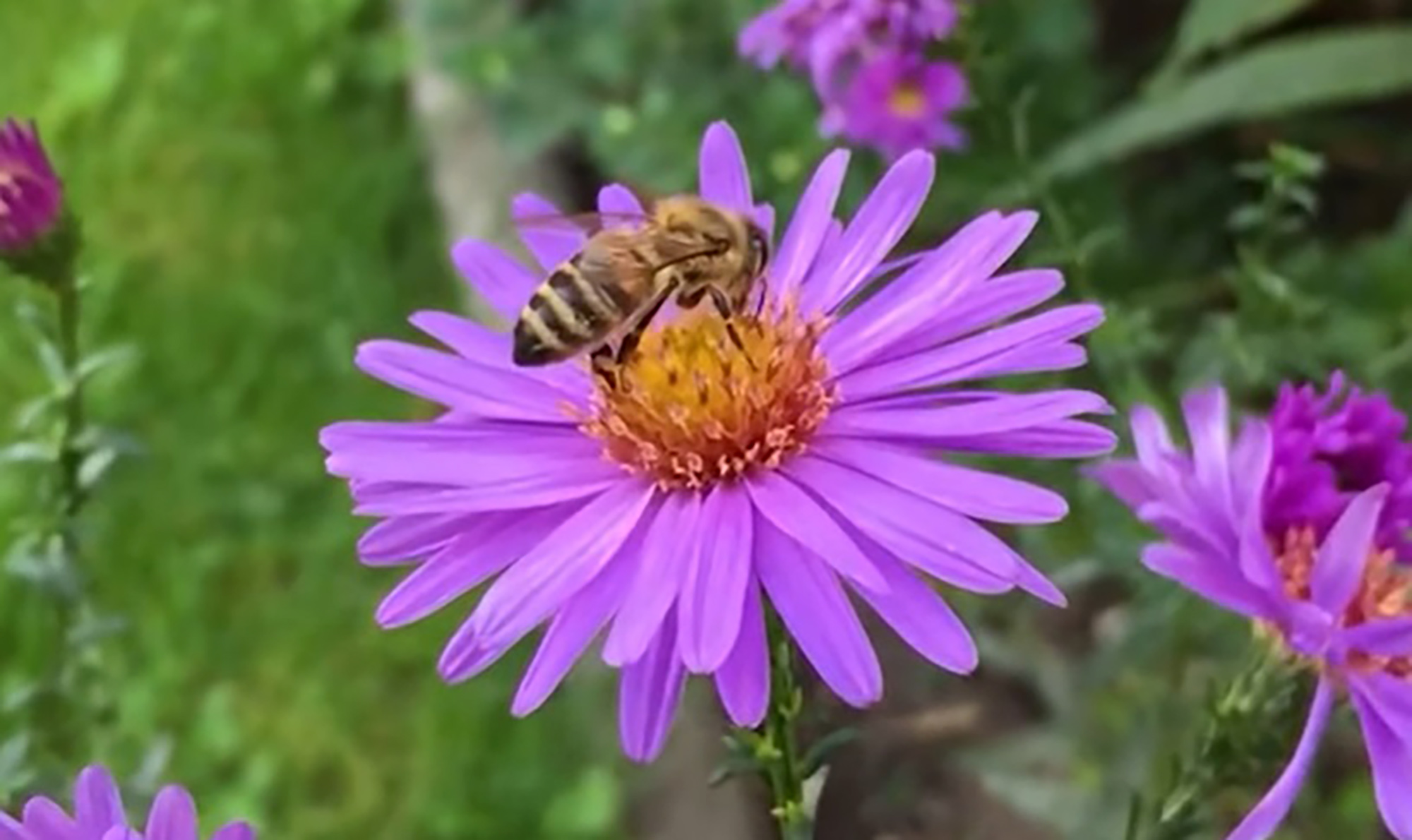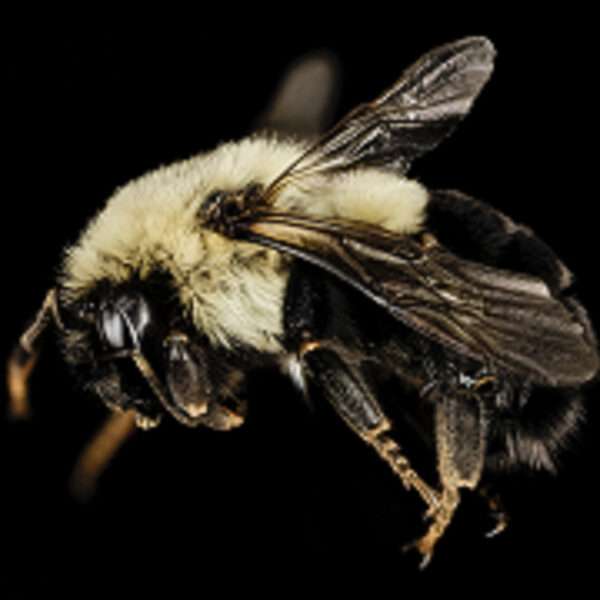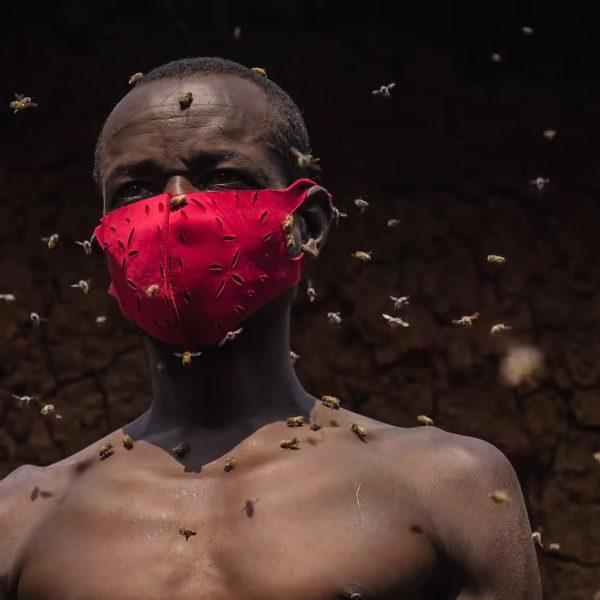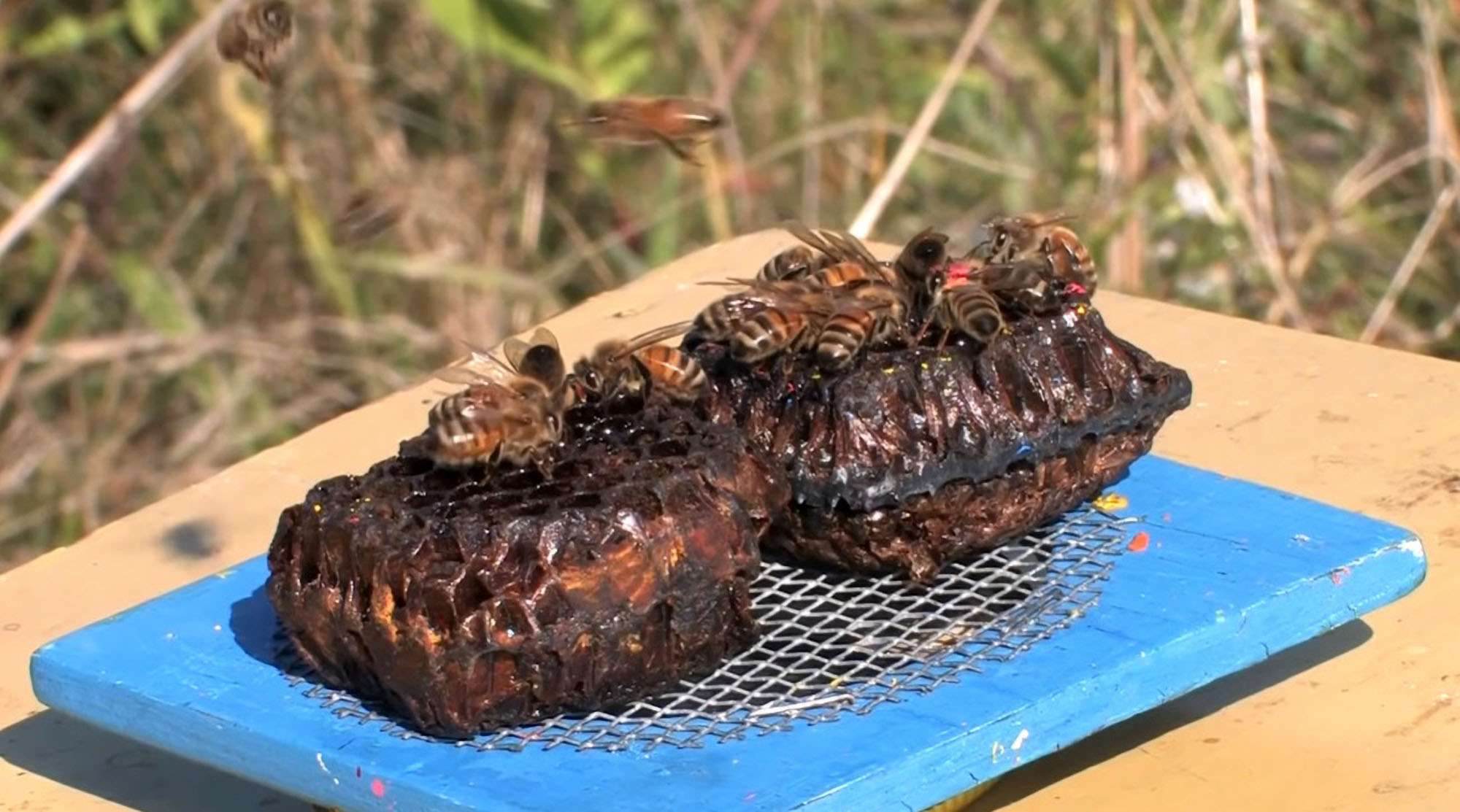A wide range of bee species is essential to sustain healthy biodiversity and therefore guarantee humans’ food supply, according to scientific research.
Scientists from Rutgers University, New Jersey, found that a high number of bee species was needed to ensure reliable pollination over the course of several years.
Researchers from the Department of Ecology, Evolution and Natural Resources at Rutgers School of Environmental and Biological Sciences focused on various populations of bees at dozens of farms across New Jersey but also in the US States of Pennsylvania and California.
The scientists’ study – which was recently published in the Nature Ecology And Evolution journal – shows that different bee species pollinated the same types of plants at different times of the year.
Their examination also reveals that different bee species are the dominant pollinators on the same kind of plants in different years. Due to natural fluctuations in bee populations, all present bee species are needed to maintain a minimum threshold of pollination during difficult years.
Natalie Lemanski is an expert on bee phenology and the first author of the study.
She explained: “We found that biodiversity plays a key role in the stability of ecosystems over time. You do need more bee species to get stable pollination services over a growing season and over years.”
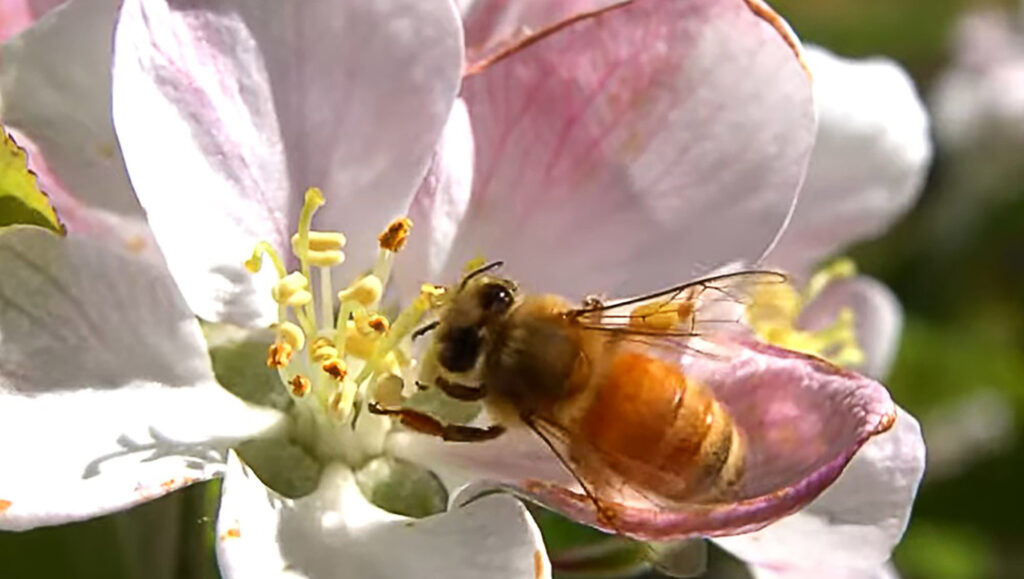
Lemanski added that the study supported the so-called insurance hypothesis concept. This theory suggests that ecosystems benefit when nature ‘diversifies the portfolio’ by supporting multiple species of a category of a plant or an animal instead of relying on one dominant species.
The researchers observed bee visits to flowers and measured the amount of pollen grains deposited on individual flowers over multiple years. They collected the data at 16 blueberry farms in South Jersey, 25 watermelon farms in Central Jersey and eastern Pennsylvania and 36 watermelon farms in the Northern Central Valley of California.
First author Lemanski said: “The magnitude of the increase in species needed over multiple years was remarkably consistent among crop systems when considered over the same interval of time.”
The study was funded by the National Science Foundation (NSF), an independent agency of the US government that supports science and engineering research.
NSF official Michelle Elekonich concluded: “This research shows that abundance of a species matters, but bee diversity matters even more.”
She pointed out: “Variety is necessary to provide balance during a growing season and from year to year.”
Rutgers University is one of the most tradition-rich American higher education institutions. Founded in 1766 as Queen’s College, it is the eighth-oldest college in the United States.
The Agriculture sector and the food industry contributed USD 1.055 trillion to the country’s gross domestic product (GDP) in 2020. Nearly one in three jobs are linked to agriculture.

